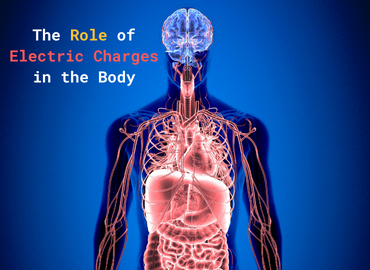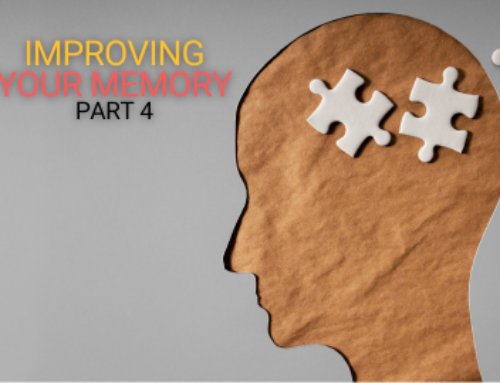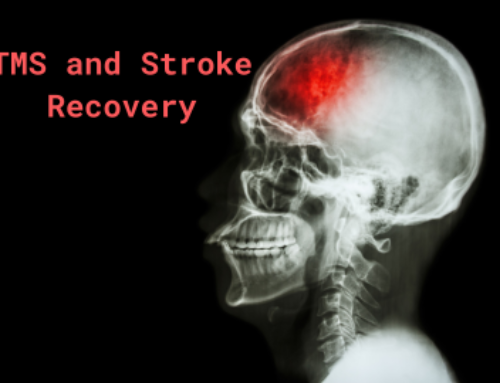The Role of Electric Charges in the Body, Part 1
The human body’s cells use electricity to run the nervous system. Without electrical charges, our nervous system could not send signals through our bodies, and we could not respond to stimuli. That would include running away from a charging bull, pulling our hands away from a hot surface, or even feeling excited when we see someone we like.
Most of the time, these reactions are immediate, and we don’t have to think about them. So how is it that our bodies can control these currents so our cells can do what they need to do? Our bodies contain chemicals like calcium and sodium that possess charged particles called ions. Our cell membranes make a barrier that allows them to control what ions can come in and out of the cells. The cells have a negative charge inside but whatever is outside that cell is positively charged.
Keeping a balance of positive and negative ions is essential for our bodies to function well. The brain is just another organ in the body, and when the body’s electrical charges are imbalanced, there can be negative effects. For instance, the contractions of muscles during a seizure are connected to electrical imbalances in the body.
When the body sends itself the wrong signals, it can affect the way the brain talks to itself, and thus how our urges, reasoning, and inner life operate. Chemical messengers called neurotransmitters might be at too high or low a level, or not being directed properly. For example, people with low dopamine levels are likely to experience depression that may or may not be connected to the person’s situation.
Here are more examples:
− Males with low testosterone levels are susceptible to depression
− Postpartum depression is influenced by insufficient norepinephrine
− Serotonin imbalance is common during menopause
There is still much study being done to understand how electrical charges affect the human body and what we can do to better regulate those levels. Some things we have found out concern the areas of the brain where we can observe the effects of imbalanced electrical charges. Cortisol is a stress hormone that has a great influence on the prefrontal cortex and the hippocampus. A big problem there is that the hippocampus retains memory, from which we grow many of the mnemonics we use as the base of our reasoning. Too much cortisol in the brain can inflame the frontal lobe, which is a part of the frontal cortex and helps manage the way we learn and make plans. These issues exacerbate each other, damaging the sufferer’s quality of life.
People have been depressed throughout history. Humanity has used many words for what we now call depression and we have used countless methods of treating it, but our treatments change as science advances. Every day we try to understand ourselves better. Metacognition, or thinking about the way we think, is a part of the process that we can all practice.
In our next article, we’ll talk more about how electric charges work on the human brain and how we can manipulate those charges. For questions and appointments, call us at (585) 442-6960 or contact us on our website.





